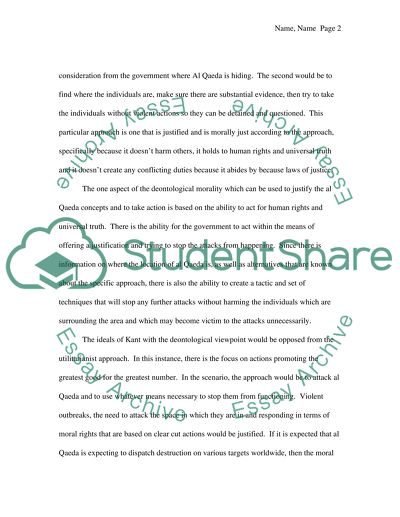Cite this document
(“Kant, Mill and Socrates (Meno) on deontology and utilitarian scenario Essay”, n.d.)
Retrieved from https://studentshare.org/philosophy/1421790-kant-mill-and-socrates-meno-on-deontology-and-utilitarian-scenario
Retrieved from https://studentshare.org/philosophy/1421790-kant-mill-and-socrates-meno-on-deontology-and-utilitarian-scenario
(Kant, Mill and Socrates (Meno) on Deontology and Utilitarian Scenario Essay)
https://studentshare.org/philosophy/1421790-kant-mill-and-socrates-meno-on-deontology-and-utilitarian-scenario.
https://studentshare.org/philosophy/1421790-kant-mill-and-socrates-meno-on-deontology-and-utilitarian-scenario.
“Kant, Mill and Socrates (Meno) on Deontology and Utilitarian Scenario Essay”, n.d. https://studentshare.org/philosophy/1421790-kant-mill-and-socrates-meno-on-deontology-and-utilitarian-scenario.


